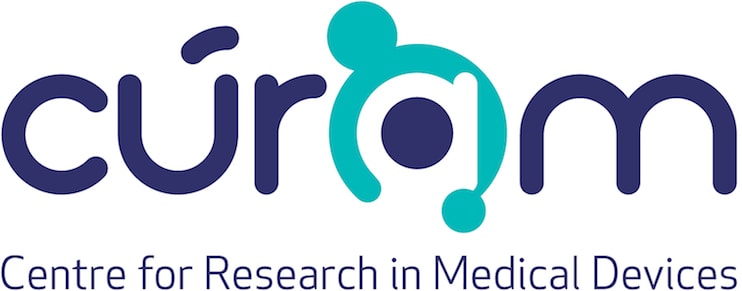Sustainability within a laboratory; How to establish your own Eco-Group
The average laboratory uses around five times as much energy as a regular office building, this not only means higher utility bills but also a higher cost to our environment. As society becomes more aware of the negative impact that research can have on our planet, groups like III Eco-Group at the University of Glasgow are forming to introduce a more sustainable way of working.
Our lifETIME CDT Sustainability Student reps recently interviewed Gavin Meehan who is part of the III Eco-Group at the University of Glasgow. The group work together to introduce more sustainability into their laboratory and minimise it’s impact on the environment.
1. Would you like to tell us a bit about yourself?
I’m Gavin Meehan, a 32-year-old postdoctoral researcher at the University of Glasgow. I undertook a PhD in neuroimmunology at the University of Glasgow before beginning my postdoctoral research in immunology and parasitology. I currently work at the Centre for Virus Research (CVR) developing pre-clinical models for COVID-19 research.
2. What is the iii EcoGroup? What are its goals?
I had previously worked at pharmaceutical companies that had green groups focused on promoting good environmental practices. At a III town hall in 2016 I suggested setting up a similar group and the III Eco-Group was formed. Initially setup with just a few representatives from the building, we have since grown to a large number of research and technical staff alongside PhD students. Our goals are focused on improving efficiency, reducing waste and energy usage within the Institute to minimise the environmental impact of our academic research.
3. Would you like to share any achievements of the iii Eco Group so far?
The efforts of the III Eco Group have been recognised by the Sustainable Labs program who awarded us a silver award using their Lab Efficiency Assessment Framework (LEAF) process. If I’m honest though I believe that engaging people and being able to promote sustainable changes is an achievement in itself.
4. What are the main obstacles that an Eco Group may face?
I think the biggest obstacle that we still have is getting people (particularly management) to listen and engage with us. It’s very well us telling everyone that ultra-low temperature (ULT) freezers can be changed from -80°C to -70°C to create a huge energy saving without any detriment to the contents but trying to get a principal investigator to change the settings has been difficult. We have found the best solution to this is engaging other staff and students within individual research groups as they are better placed to push for changes.
5. Could you give 3 tips for those who want to start an Eco Group like yours?
- Start a Twitter page (shameless plug: @ECOgroup_III). There are so many great groups out there and Twitter helps you get ideas and find resources that you might not otherwise have come across.
- Technicians are best placed to implement changes within a building. Science has a high staff and student turnover, but technical staff tend to be more permanent and are best placed to make and monitor changes. They also have extensive knowledge of a buildings procedures and will be able to advise how best to implement sustainable practices. The technical staff in the III Eco Group have proved invaluable in helping us achieve our goals.
- Find out if there are other eco-groups within your institution. We were in a different position in 2016 and had to start from scratch but now almost every college and institution has an eco-group. We have advised many of these groups and been able to give them pointers and tips on how best to implement changes. I think this is really important as you can avoid many of the pitfall’s others have already come across. They can also advise you of any resources your institution provides for green initiatives.
6. Finally, would you like to share some resources for those who want to reduce their labs’ carbon footprint and waste?
- Terracycle have loads of recycling points for hard to recycle items. You can even set up your own collection point
- Forgive the shameless plug again but we’ve put together a lot of ideas on our website
- The LEAF website has loads of resources and stories to help any eco-group








